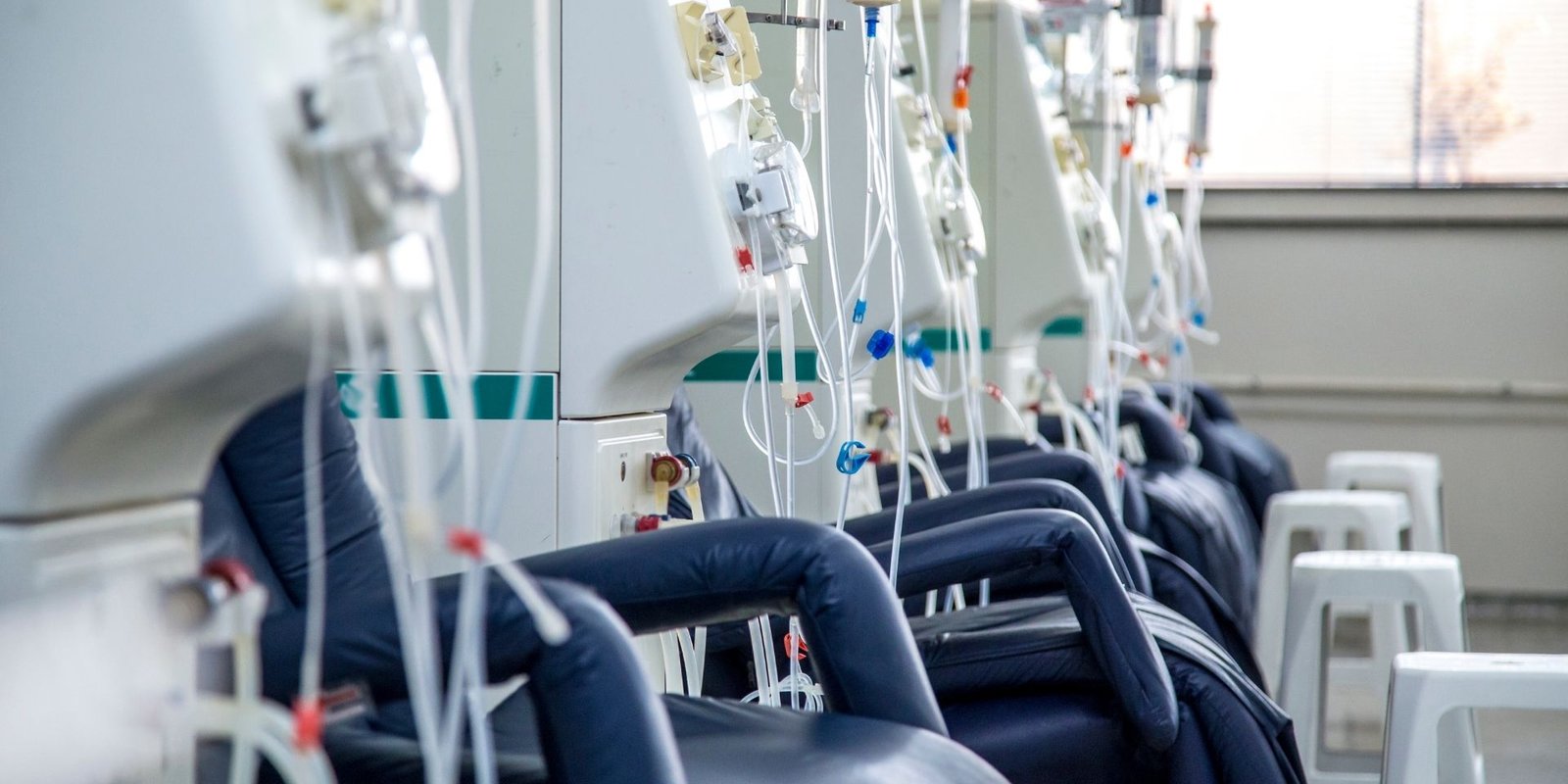One Top Knowledge Hub
Bridging state-of-the-art medical information to public health care stakeholders and decision makers
With kidney diseases on the rise, renal treatment and care in government facilities have to step up

According to the Department of Health (DOH), chronic kidney disease (CKD) is currently the 4th leading cause of death in the country with End Stage Kidney Disease developing as secondary to complications of diabetes, hypertension, and chronic glomerulonephritis.
The current situation is alarming so much so that the DOH issued an Administrative Order in 2021 setting Implementing Guidelines on the Institutionalization of the Chronic Kidney Disease Prevention and Control under its authority. This is a welcome development given that according to the University of the Philippines, one person dies of kidney failure every hour across the country. To date, around 35,000 Filipinos are also reportedly undergoing dialysis.
Hemodialysis is a procedure where a dialysis machine and a special filter called an artificial kidney, or a dialyzer, are used to clean the patient’s blood. In the Philippines, dialysis treatments cost an average of PHP4,500.00 with costs reaching PHP7,000.00 in private health facilities or around PHP25,000 to PHP46,000 per month or PHP300,000 to PHP552,000 per year. In a study by the National Kidney Transplant Institute (NKTI) – the public health authority in renal disease in the country, majority of Filipinos are unable to afford dialysis treatment because of the exorbitant costs – a reality that the DOH itself recognizes. According to NKTI, half of the patients who start dialysis eventually dies within a year if they are unable to sustain the treatment schedules.
As dialysis procedures are specialized treatments, access to dialysis care is limited especially among Filipinos residing in the provinces or in remote villages who would have to incur more burdens in their travel to treatment facilities.
Several measures have been proposed, considered, and undergoing various levels of deliberation at the Philippine Congress to address these concerns. Among proposed legislations include, Senate Bill No. 1134 filed by Senator Ralph Recto that seeks to establish one Regional Kidney and Transplant Institute (RKTI) in each of the administrative regions in the country. Under Recto’s proposal, each RKTI shall be administered by the DOH and may be created within the existing DOH Regional Hospitals and Medical Centers. Every RKTI shall also be equipped with essential renal care equipment and necessary medical supplies and shall tap the services of kidney specialists and professionals who shall render services at a subsidized cost. In May 2019, the House of Representatives also approved on final reading House Bill No. 9156
While the Senate Bill remains pending at the Committee, the House of Representatives has approved in May 2019, House Bill No. 9156 (and refiled during the 2nd Session of the current Congress as House Bill 197 ) or the “Comprehensive Renal Replacement Therapy Act” which seeks to provide comprehensive renal replacement therapy by including it in the coverage of treatment services provided by the PhilHealth – the government’s public health insurance arm.
Awaiting legislative mandates, local governments around the country have already initiated programs to strengthen local health care capacity for kidney disease treatment and prevention. In March 2022, the Provincial Government of South Cotabato completed a provincial government-funded dialysis center and submitted the necessary documentations for its license to operate from the DOH. In the same month, the Pasig City Government signed a Public-Private Partnership Joint Venture Agreement towards the construction of one of the biggest dialysis centers in the country.
To be housed in an existing three-story facility where a total 79 dialysis machines will be put into service, the Center will add to the city’s 37 existing machines and bring the total number of dialysis machines to 116, or three times the capacity that the city currently offers, according to Pasig City Mayor Vico Sotto.
